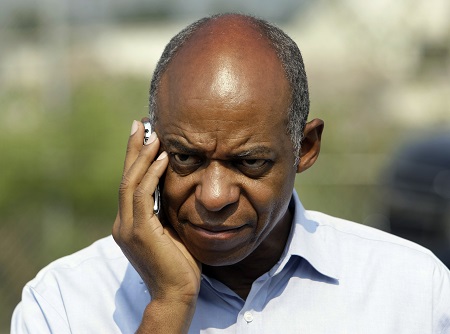
William Jefferson, the New Orleans, US congressman convicted in 2009 on bribery charges after he was famously caught with $90,000 cash stashed in his freezer, is now a free man.
A federal judge had reduced his 13-year sentence to the time he has already served: five years and five months.
The reduced sentence came on the joint recommendation of prosecutors and defence attorneys after a Supreme Court ruling in an unrelated case made it more difficult to convict public officials on bribery charges. Jefferson was freed from prison in October, when Judge T.S. Ellis III tossed out seven of his 10 conviction counts.
Jefferson, 70, did not address the court during the hearing but told reporters afterward he was grateful to his attorneys, family and friends for their support and that he wanted to be active in the community.
Patriarch of a family that once wielded considerable political influence in New Orleans, he exchanged hugs with relatives and friends who congratulated him on his freedom.
As for his plans, Jefferson said, "I'm going to go back home and get a Christmas dinner."
Asked whether he was angry to have served five years in prison, only to have the law on which he was convicted change, he said, "I don't have time to be angry with anything." Asked whether he feels he did anything wrong, he would not comment.
A Democrat, Jefferson spent 18 years in the House of Representatives. He was convicted of accepting more than $400,000 in bribes and seeking millions more in exchange for brokering business deals in Africa. The 2005 raid of his Washington home, which turned up cash stuffed in frozen food boxes, made him fodder for late-night comedians.
At his 2009 trial, Jefferson argued he was acting as a private business consultant in brokering the deals and that his actions did not constitute bribery under federal law. The $90,000 was actually part of a government sting initiated after a one-time business associate of Jefferson told the FBI she thought she was getting scammed.
Jefferson's investigation was sparked by an allegation began in mid-2005 by an investor who claimed that $400,000 in bribes were paid through a company maintained in the name of Jefferson's spouse and children.
The money was traced to a tech company named iGate, Inc., of Louisville, Kentucky,USA and in return, it is alleged, Jefferson would persuade the U.S. Army to test iGate's broadband two-way technology and other iGate products; use his efforts to influence high-ranking officials in Nigeria, Ghana, and Cameroon; and meet with personnel of the Export-Import Bank of the United States, in order to facilitate potential financing for iGate business deals in those countries.
On 30 July 2005, Jefferson was videotaped by the FBI receiving $100,000 worth of $100 bills in a leather briefcase at the Ritz-Carlton hotel in Arlington, Virginia.
Jefferson told an investor, Lori Mody, who was wearing a wire, that he would need to give Nigerian Vice President Atiku Abubakar $500,000 "as a motivating factor" to make sure they obtained contracts for iGate and Mody's company in Nigeria.
A few days later, on 3 August 2005, FBI agents raided Jefferson's home in Northeast Washington and, as noted in an 83-page affidavit filed to support a subsequent raid on his Congressional office, "found $90,000 of the cash in the freezer, in $10,000 increments wrapped in aluminum foil and stuffed inside frozen-food containers". Serial numbers found on the currency in the freezer matched serial numbers of funds given by the FBI to their informant.
Late on the night of May 20, 2006, FBI agents executed a search warrant at Jefferson's office.
The affidavit used to support these raids alleged:
The FBI videotaped Jefferson receiving a stock certificate from Mody for a company set up in Nigeria to promote iGate's technology. Jefferson predicted the deal would generate $200 million annually after five years.
Jefferson told Mody that he wanted a similar financial stake in the business in Ghana.
Jefferson sought $10 million in financing from Mody to take over iGate and install "confidants" on the new board. In two payments, Mody wired $89,225 to the ANJ Group LLC, a company controlled by Jefferson's family.
Jefferson lent $4,800 of the money Mody gave him to an unnamed congressional aide. Another $4,900 was given back to the FBI by one of Jefferson's attorneys.
The FBI claims it has uncovered "at least seven other schemes in which Jefferson sought things of value in return for his official acts".
On June 4, 2007 Jefferson was indicted on 16 charges of corruption by a federal grand jury.
He pleaded not guilty to the charges and declared: "I am absolutely innocent of the charges that have been levelled against me. I'm going to fight my heart out to clear my name.
"The $90,000 was the FBI's money. The FBI gave it to me as part of its plan - part of their plan - that I would give it to the Nigerian vice president, but I did not do that. When all the facts are understood, I trust that I will be vindicated."
The FBI denied working with Jefferson.
There is no evidence that Atiku was indicted in the US on the matter.
- The Nation

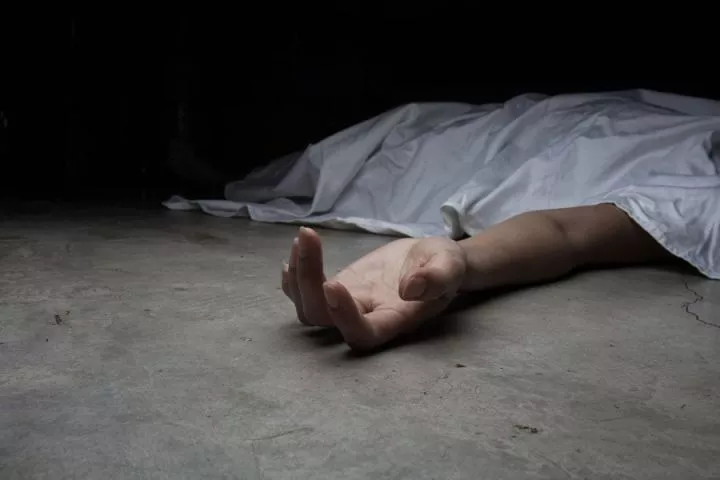
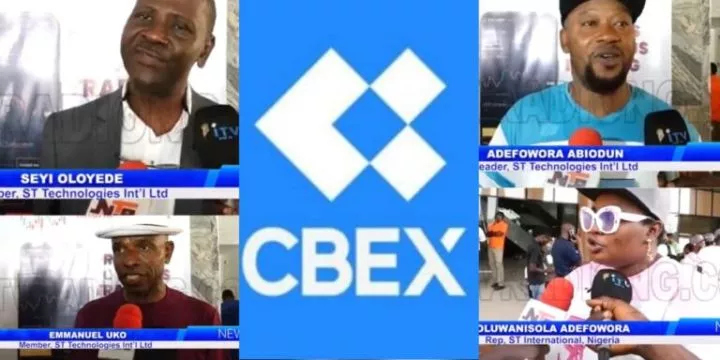
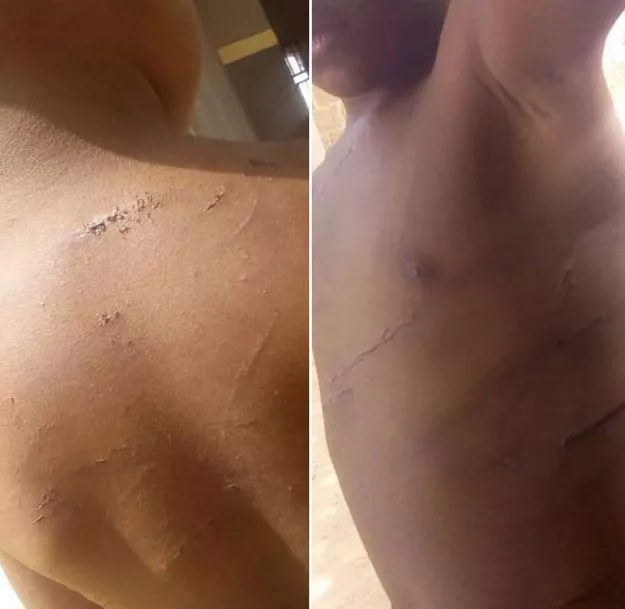
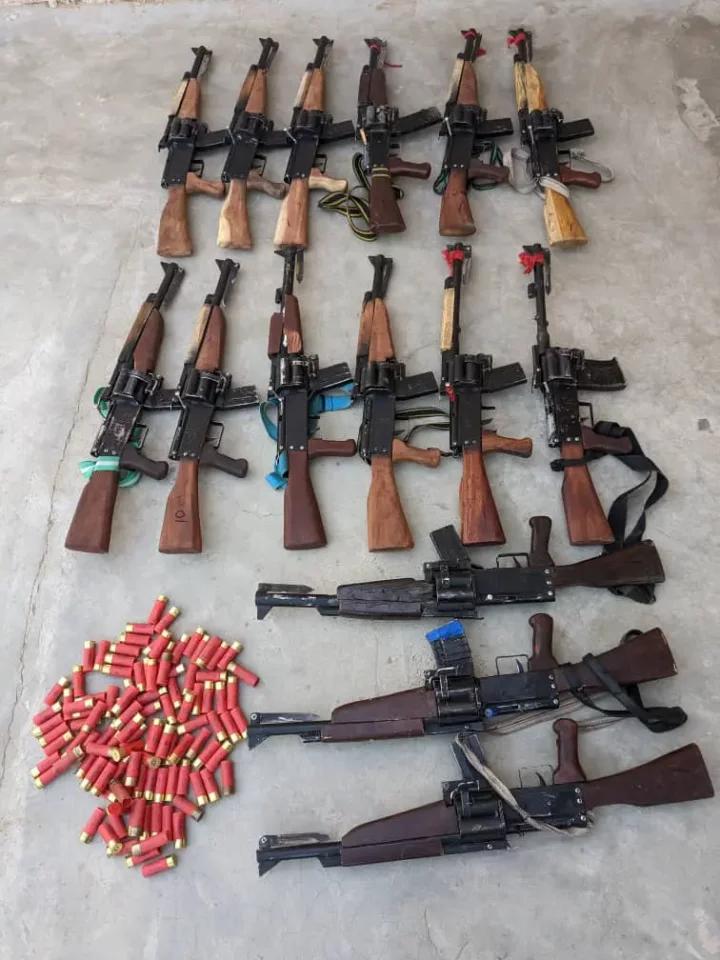
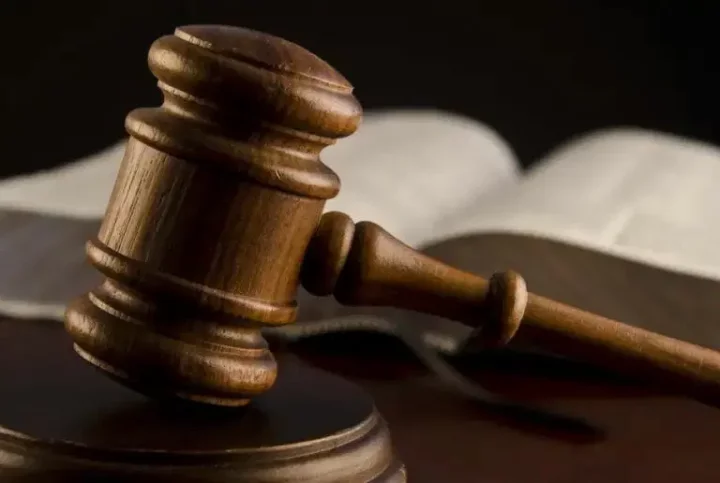


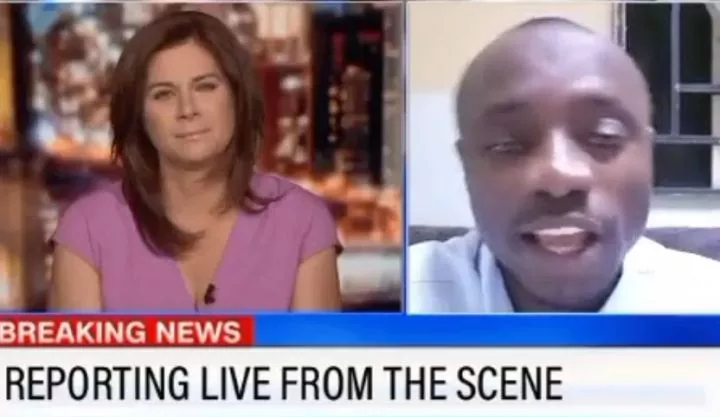

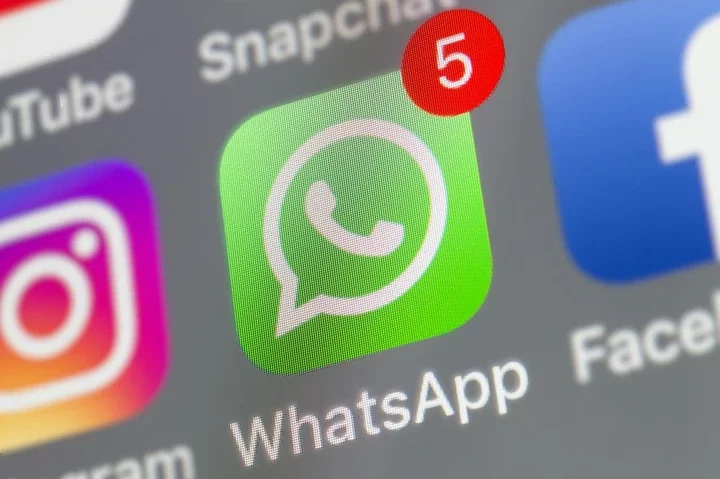


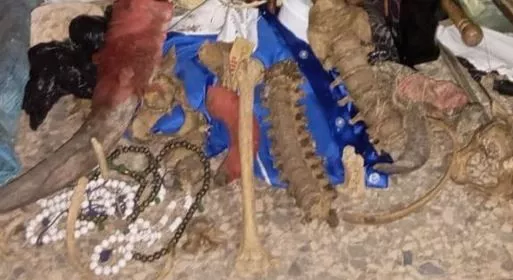


Comments